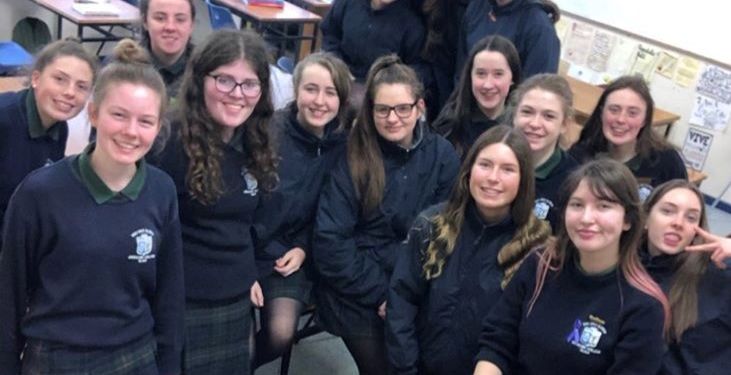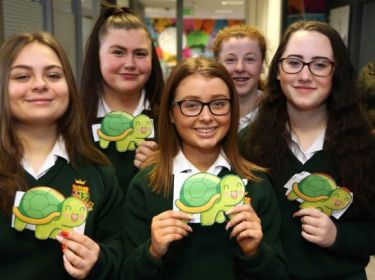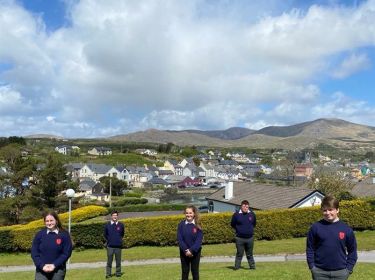Call the Fashion Police


Call the Fashion Police
Ursuline College, Sligo

The Social Issue
This team were passionate about addressing fashion sustainability - the 'monster in our wardrobe' as they described it. Through research, they discovered that the clothing industry is the second biggest polluter in the world, churning out 80 billion garments annually. Shoppers are buying five times more clothing now, than they did a decade ago and worldwide, we throw away 2.1 billion tonnes of clothing every year which goes to landfill. These alarming statistics as well as the poor pay and conditions for workers in many garment factories inspired the students to take action on the issue of fast fashion.
The Idea
The team firstly conducted research which revealed that most of their peers were unaware that their fashion purchasing habits were harmful to the environment. To combat this they created a visual awareness campaign in their school, they created displays using clothes lines with graphics on the clothes highlighting harmful production statistics. They also produced 'Say No to Fast Fashion' stickers and collaborated with a range of organisations including Trinity College's Nu Wardrobe Team, Oxfam Sligo and others to create a Swap Shop in their school. They saw a real opportunity for charity shops to cater more to a younger market and collaborated successfully with a local charity shop to create a window display that would entice a younger audience into the shop. Through all this, the students wanted to further UN Sustainable Development Goal 12: “Ensure sustainable consumption and production patterns”.
The Impact
The proceeds of the Swap Shop were sent to the Ursuline Missions in Kitali, Kenya where students make their own clothes as well as uniforms for staff in a local hotel. The Swap Shop is now planned as an annual event and they continue to work on broadening out the charity shop appeal for a younger audience. They would like to see their efforts replicated in schools across Ireland.



